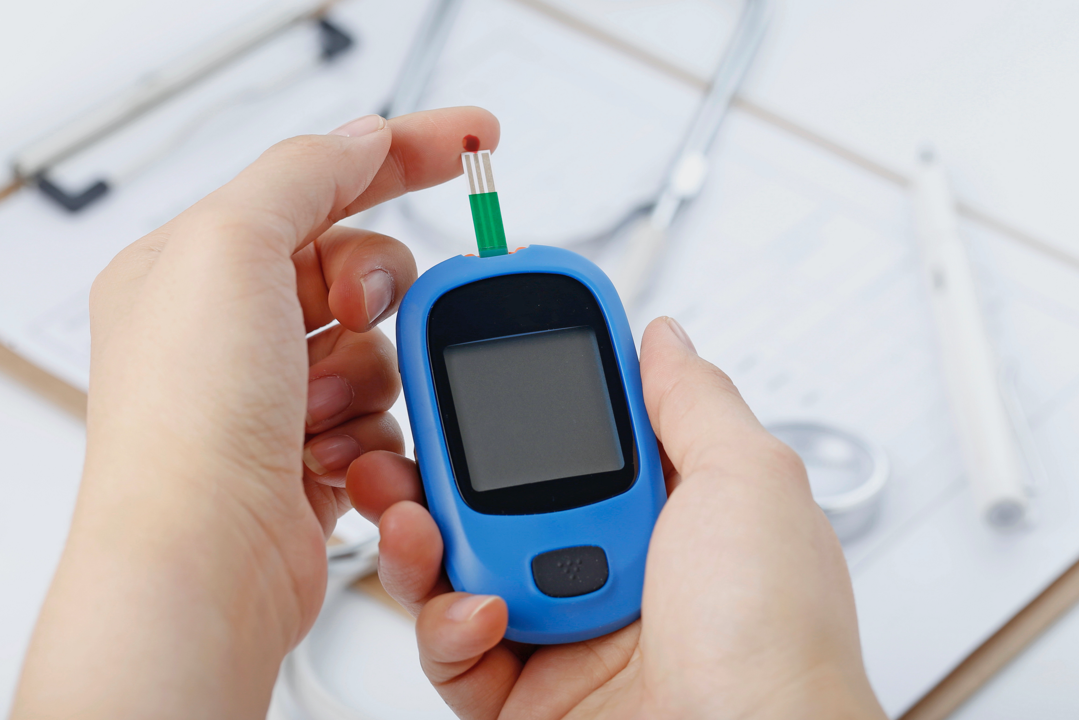
Women with insulin resistance have insulin that is less responsive to blood glucose levels. The result is an increase in blood sugar levels. It is more common in obese patients and in women with polycystic ovaries (PCOS).
The prognosis of obese women in the treatment of infertility is generally worse (regardless of the method chosen) than in the normal-weight population, there is a lower chance of becoming pregnant and a greater risk of spontaneous abortion and pathological pregnancy.
On the contrary, the treatment of infertility in women with PCOS has a good prognosis. Women with PCOS always have optimal ovarian reserve, but ovulation may not occur.
Elevated levels of male sex hormones and hyperinsulinemia are typical laboratory findings in PCOS patients. High levels of male sex hormones are associated with insulin resistance. However, this problem can be solved with medication. The improvement in insulin resistance leads to a reduction in the levels of male sex hormones and the induction of ovulation and consequently to pregnancy.
Therefore, if you have this diagnosis and you are planning a pregnancy, do not delay your visit of the assisted reproduction center. The solution is often very simple.







